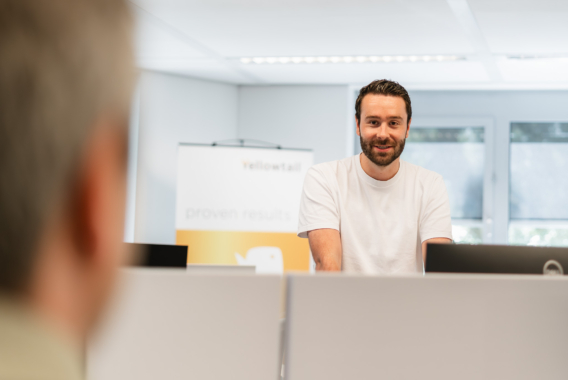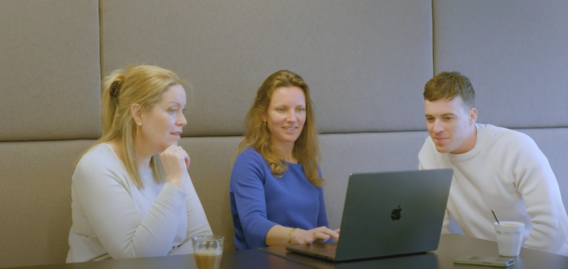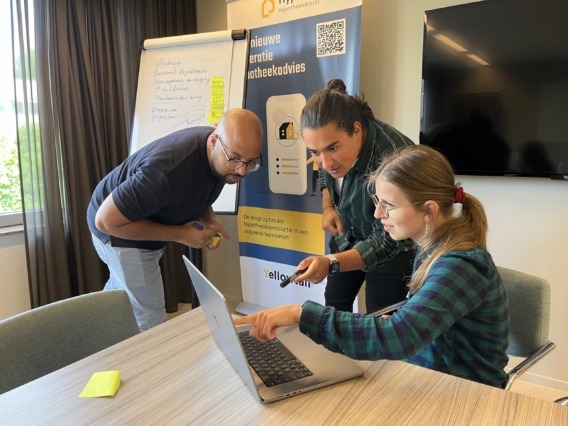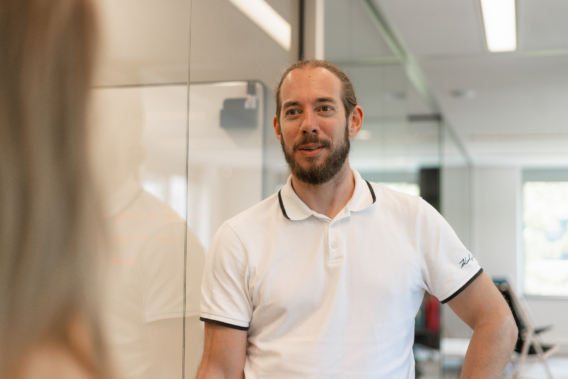There are enough apps on my phone: Netflix, Spotify, Duolingo and more. Each of these large organizations is known for the well-applied implementation of dynamic content that is tailored to the personal information of users as described above.
With these apps, it is now accepted that this coordination takes place. Can we as a pension sector learn from this and tailor our digital communication – in the upcoming transition – even better to the user? Including success factors from other worlds within the implementation of your own IT can contribute to understandable, relevant and personal communication. But which success factors are suitable?
- Netflix: Age-based Personalization
Netflix uses algorithms to make content recommendations that are tailored to the age and viewing history of users. For example, I see programs like Peppa Pig, Dora the Explorer and Paw Patrol when I watch programs with friends who have children. I myself get to watch wildlife documentaries and thrillers. The parallel to the pension world is quickly made. For example, why do I see retiring from work in a planner in my portal at my – still relatively young – age? Working less or taking a sabbatical can be a lot more interesting and also have an impact on your pension. - Amazon: Product and content recommendations
Amazon personalizes the user’s homepage based on the user’s search and purchase history and age. This way, a user only sees relevant information. Here too, a comparison can be made with a pension portal. The homepage should be dynamically designed to provide participants with accurate and personal information. Why?- Young participants (20-35 years) benefit more from information and tools regarding starting retirement planning and information about the importance of starting early and the power of compound interest.
- Middle-age participants (35-50 years) can receive advice on maximizing pension contributions, life cycles and goal optimization.
- Pre-retirement age (50-65 years) can prepare for retirement by looking at the complete financial situation, minimizing debts and possibly planning healthcare costs.
- Retired people (65+ years) Choice guidance, managing benefits, inheritance planning etc.
- Duolingo: Adjusting the difficulty level
Duolingo adjusts the difficulty level and therefore the content to the user. Lowering the threshold to keep participants activated and motivated. This together with a learning aspect allows users to really get started and continue learning a new language. Something that, in my own experience, can sometimes be very frustrating.
Falling outside the boat
Low literacy and low financial literacy are themes that play a major role in the pension sector. These participants often get bogged down in complex concepts and amounts and become extremely demotivated as a result. This target group drops out, is not reached and therefore falls outside the proverbial boat.
Pension participants are also in daily contact with apps that are completely tailored to their personal preferences. Within pension communication and portals, we often do not know how to reduce this. Based on these apps and lessons learned in the market, the success factors are already there for the taking. Applying these success factors in pension portals not only helps to better inform, guide and support users, but also certainly contributes to a positive and successful transition.
Would you like to know more about this subject? Please feel free to contact me by email or via +31(0)6 41 02 77 82.
Daniël Veenhoven



















